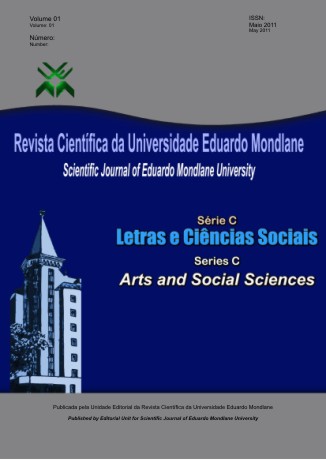Atividade e experiência da comissão de ética numa instituição de ensino superior
Publicado
2025-04-14
Como Citar
Rodrigues, M., & Lourenço, I. (2025). Atividade e experiência da comissão de ética numa instituição de ensino superior. Revista Científica Da Universidade Eduardo Mondlane, Série: Letras E Ciências Sociais, 4(1). Obtido de http://www.revistacientifica.uem.mz/revista/index.php/lcs/article/view/44

